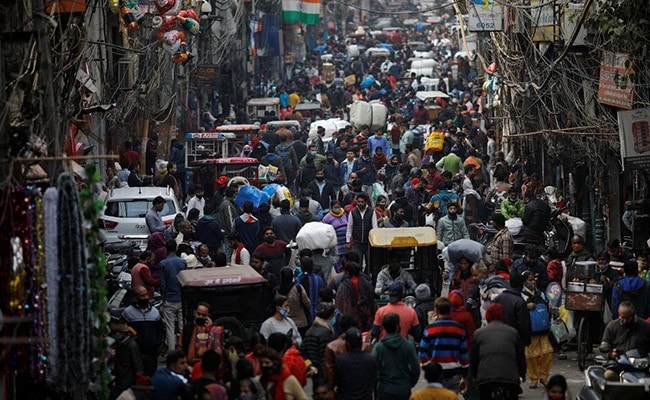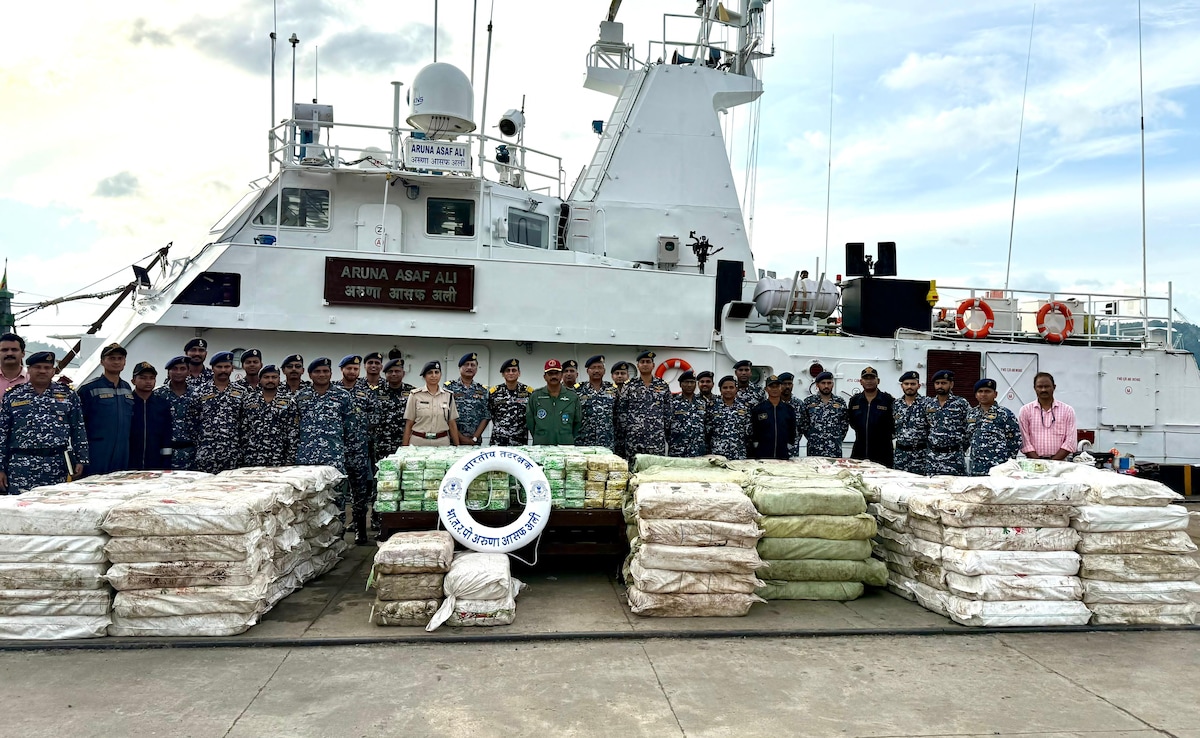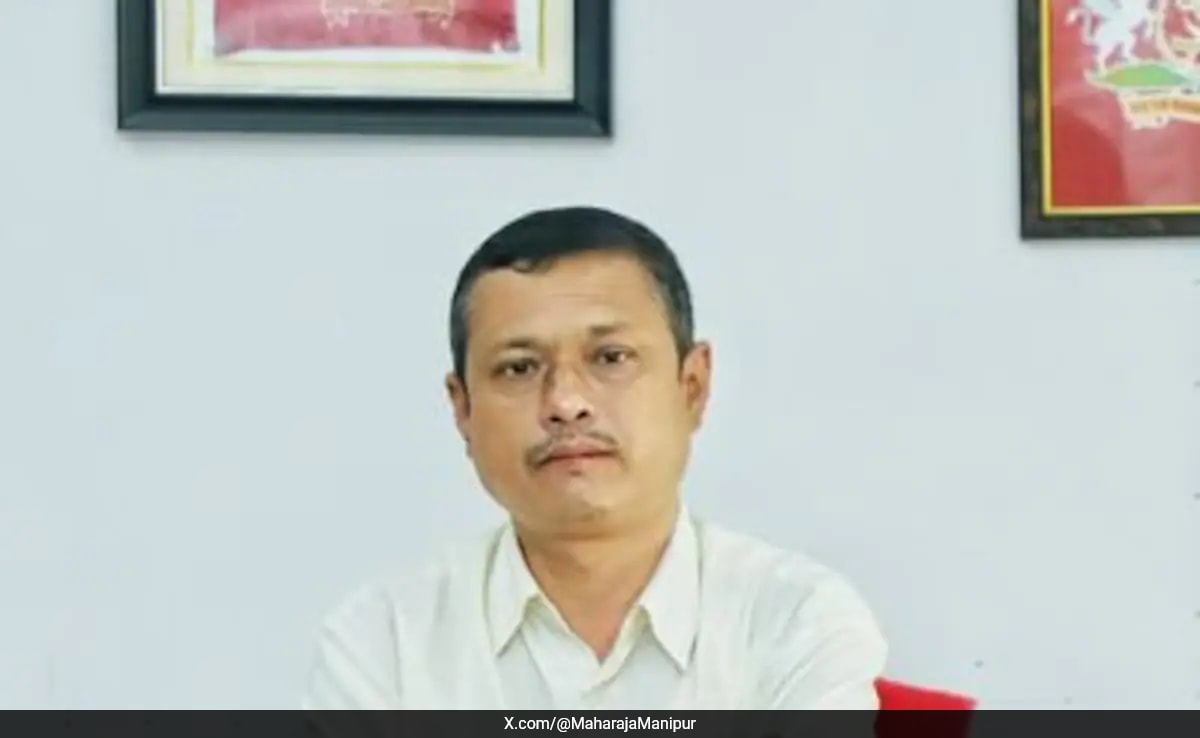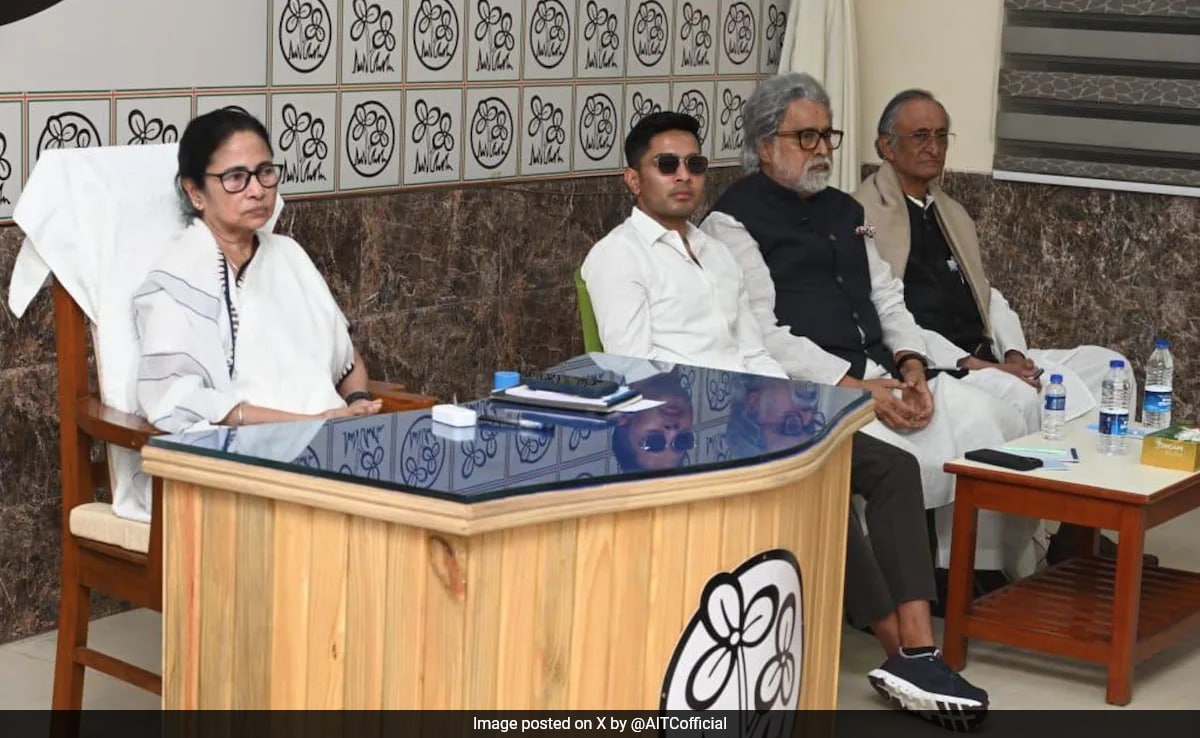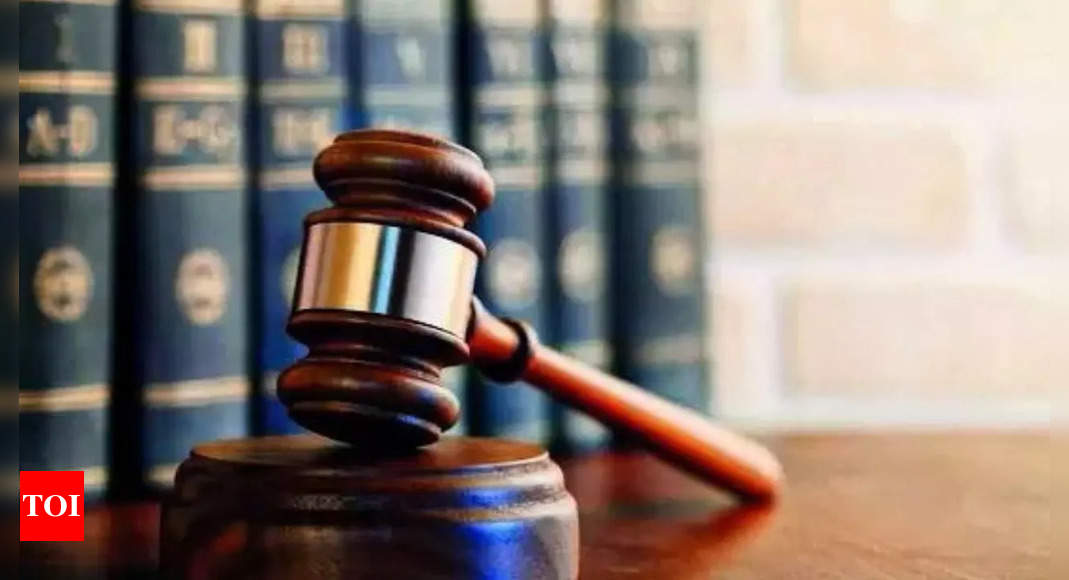
NEW DELHI: Over nine years after a man was charged with rape, a court here has acquitted him, saying the testimonies of the alleged victim were not clear, cogent, credible, or trustworthy, nor were her allegations corroborated by other material evidence. Additional Sessions Judge Priyanka Bhagat of Tis Hazari district court was hearing a case against Mahender, against whom the Subzi Mandi police station had lodged an FIR under penal provisions of rape and criminal intimidation.
According to the prosecutrix, in 2014, Mahender took her to Nainital where he spiked her food, raped her after she fell unconscious, and filmed the act.
After the woman returned to Delhi, the accused threatened to circulate the video clip and raped her again at an under-construction building after keeping her in confinement, she claimed.
“…The testimonies of prosecution witness 12 or victim are not clear, cogent, credible and trustworthy and the same are not corroborated by other material evidence,” the court said in its verdict dated July 9.
“For the reasons stated above, this court is of the considered opinion that the prosecution has failed to prove the case against the accused beyond reasonable doubt. Hence, accused Mahender is hereby acquitted,” the bench said.
Underscoring that the prosecution’s entire case was based on the statement of the woman, the court said there were some major contradictions in her version regarding the incident of spiking her food, which affected the credibility of her statements.
There were also some improvements in her testimony, it said.
“The entire case of the prosecution is that the prosecutrix was repeatedly raped on the blackmailing that accused Mahender would viral the said video, however, the said video was never brought into evidence by the prosecution,” the court said.
Regarding the allegations of rape in the under-construction building, the court noted the alleged victim’s testimony where she admitted that when she went to meet Mahender, other people who were working there were also present.
“Thus, the version of the prosecutrix that she was raped in a building where other persons were also working is not probable especially when the prosecutrix was also crying as stated in her complaint,” it said.
The court said there was no explanation regarding why the woman did not complain to the people working there or immediately file a police complaint and this discredited her version that she was raped under the threat to circulate the said obscene video.
Regarding the alleged incident of wrongful confinement from November 11 to 15, 2014, the court again noted her “contradictory statements”.
It said the alleged victim had admitted that she had access to Mahender’s mobile phone during the reported confinement and this meant she had every opportunity to take outside help, which she chose not to do so, and this discredited her testimony.
The court said during the alleged confinement, she made a call to the accused’s brother-in-law Gopal Krishan, who had recorded the conversation.
It noted that the said recording was retrieved from the said mobile phone and the voice of the prosecutrix and Krishan was duly proved by the prosecution itself vide a forensic science laboratory (FSL) report.
“This conversation also corroborates that the prosecutrix on her own went to live with accused Mahender and when the accused did not live with her then she made the call to the brother-in-law of the accused namely Gopal Krishan and subsequently had falsely implicated the brother-in-law as well,” the court said.
It noted the reply of a woman sub-inspector, as per whom, the prosecutrix was persuading Krishan to facilitate her meetings with Mahender, otherwise, she would name him in the rape case.
The court said the version of the witness should be natural and it must corroborate the prosecution case and it should be of such a quality that there should not be any shadow of doubt upon it.
“The contradictions and inconsistencies appearing in the statements of witnesses create serious doubts about the prosecution story. The version brought on record by the victim is not even corroborated by any other evidence brought on record,” it said.
According to the prosecutrix, in 2014, Mahender took her to Nainital where he spiked her food, raped her after she fell unconscious, and filmed the act.
After the woman returned to Delhi, the accused threatened to circulate the video clip and raped her again at an under-construction building after keeping her in confinement, she claimed.
“…The testimonies of prosecution witness 12 or victim are not clear, cogent, credible and trustworthy and the same are not corroborated by other material evidence,” the court said in its verdict dated July 9.
“For the reasons stated above, this court is of the considered opinion that the prosecution has failed to prove the case against the accused beyond reasonable doubt. Hence, accused Mahender is hereby acquitted,” the bench said.
Underscoring that the prosecution’s entire case was based on the statement of the woman, the court said there were some major contradictions in her version regarding the incident of spiking her food, which affected the credibility of her statements.
There were also some improvements in her testimony, it said.
“The entire case of the prosecution is that the prosecutrix was repeatedly raped on the blackmailing that accused Mahender would viral the said video, however, the said video was never brought into evidence by the prosecution,” the court said.
Regarding the allegations of rape in the under-construction building, the court noted the alleged victim’s testimony where she admitted that when she went to meet Mahender, other people who were working there were also present.
“Thus, the version of the prosecutrix that she was raped in a building where other persons were also working is not probable especially when the prosecutrix was also crying as stated in her complaint,” it said.
The court said there was no explanation regarding why the woman did not complain to the people working there or immediately file a police complaint and this discredited her version that she was raped under the threat to circulate the said obscene video.
Regarding the alleged incident of wrongful confinement from November 11 to 15, 2014, the court again noted her “contradictory statements”.
It said the alleged victim had admitted that she had access to Mahender’s mobile phone during the reported confinement and this meant she had every opportunity to take outside help, which she chose not to do so, and this discredited her testimony.
The court said during the alleged confinement, she made a call to the accused’s brother-in-law Gopal Krishan, who had recorded the conversation.
It noted that the said recording was retrieved from the said mobile phone and the voice of the prosecutrix and Krishan was duly proved by the prosecution itself vide a forensic science laboratory (FSL) report.
“This conversation also corroborates that the prosecutrix on her own went to live with accused Mahender and when the accused did not live with her then she made the call to the brother-in-law of the accused namely Gopal Krishan and subsequently had falsely implicated the brother-in-law as well,” the court said.
It noted the reply of a woman sub-inspector, as per whom, the prosecutrix was persuading Krishan to facilitate her meetings with Mahender, otherwise, she would name him in the rape case.
The court said the version of the witness should be natural and it must corroborate the prosecution case and it should be of such a quality that there should not be any shadow of doubt upon it.
“The contradictions and inconsistencies appearing in the statements of witnesses create serious doubts about the prosecution story. The version brought on record by the victim is not even corroborated by any other evidence brought on record,” it said.


